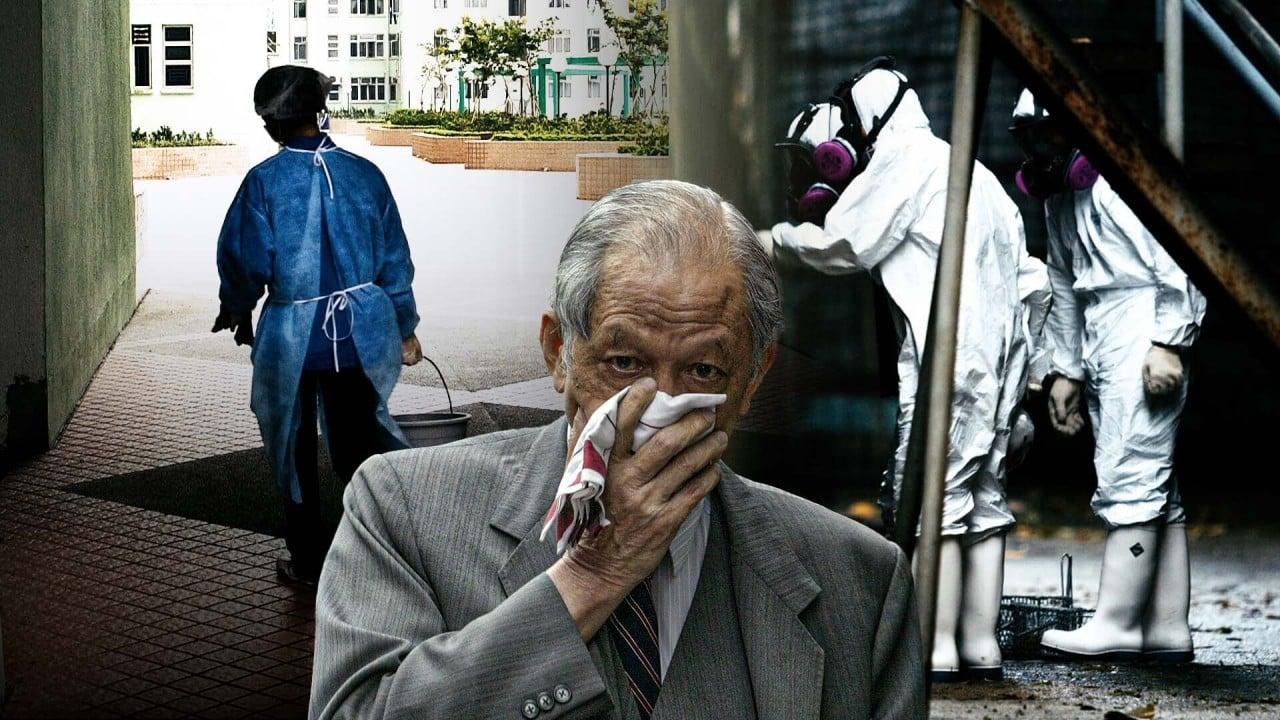
In April of that year, Jiang told Time magazine he was angered and shocked by then-health minister Zhang Wenkang’s claim that there were only a dozen people being treated for Sars in Beijing at the time. He spoke to his colleagues and discovered at least 60 people being treated for the virus in the hospital where he worked, seven of whom had died.
Before he spoke to foreign media, Jiang had written to two mainland Chinese outlets – Phoenix Television and China Central Television – about his discovery but his letter was ignored. It was then obtained by foreign media.
It was a bombshell that saw Beijing come under intense international and domestic pressure, prompting an effort by the authorities to shift the narrative. About two weeks later Zhang and Beijing mayor Meng Xuenong were fired. The authorities also released a new tally of cases that was 10 times higher than the official figure given in early April – it said there were more than 300 confirmed cases and 400 suspected cases as of April 20.
A huge campaign was also rolled out to fight the epidemic, which ended up claiming nearly 800 lives worldwide.
Jiang Yanyong was recognised for his efforts after exposing the Sars cover-up. Photo: Handout
Jiang – who was then 71 and had already stepped down as the hospital’s top surgeon – was recognised for his efforts by mainland media and intellectuals at the time. He rarely spoke to the media and maintained that he was a loyal Communist Party member.
But the following year, after writing to party leaders to condemn the deadly crackdown on the Tiananmen pro-democracy protesters in 1989, he was detained for nearly seven weeks, when his family said he was subjected to interrogation and indoctrination.
In the letter, in which Jiang called for redress for the Tiananmen movement, he described how his head “buzzed” and he almost fainted as he saw young student protesters who had been killed and injured in the crackdown.
He was later held under intermittent house arrest, and became largely a taboo subject for mainland media. Most of the posts about Jiang’s death and tributes have been censored on Chinese social media in the last two days.
Jiang was awarded the Ramon Magsaysay Award for Public Service in August 2004, but was unable to accept it because he was banned from leaving China and his daughter received it in Manila on his behalf.
Jiang, seen in an undated photo featured by Lifeweek Magazine in 2003, joined the army in 1954. Photo: Kevin Lee
A native of Zhejiang province, Jiang studied medicine at Yanjing University in Beijing from 1949 and went on to study at Peking Union Medical College. He joined the army in 1954.
He was purged during the Cultural Revolution, but later vindicated and eventually became chief surgeon at the PLA General Hospital in 1987 after working there for three decades. He held the rank of major general.
Chinese people care most about whether the truth is told
Jiang repeatedly emphasised the need for the truth, telling state media in May 2003 that as a doctor “being truthful to the facts is a basic requirement – that is why I must tell the truth”.
“In the past 50 years, there have been many political campaigns and I feel deeply in my heart that it is so easy to tell lies and give empty talk. But I would never tell lies,” he said.
In 2013, at a closed-door forum attended by a Post reporter, Jiang said: “Chinese people care most about whether the truth is told. It is not difficult to tell the truth, even if it is not [politically] correct, it does not matter.”
A former government health official who requested anonymity said Jiang was a “very righteous person” who had dedicated his whole life to healthcare. “He was willing to speak out even on matters where he had no personal interest,” he said.
Jiang is survived by his wife Hua Zhongwei, a son and a daughter.


